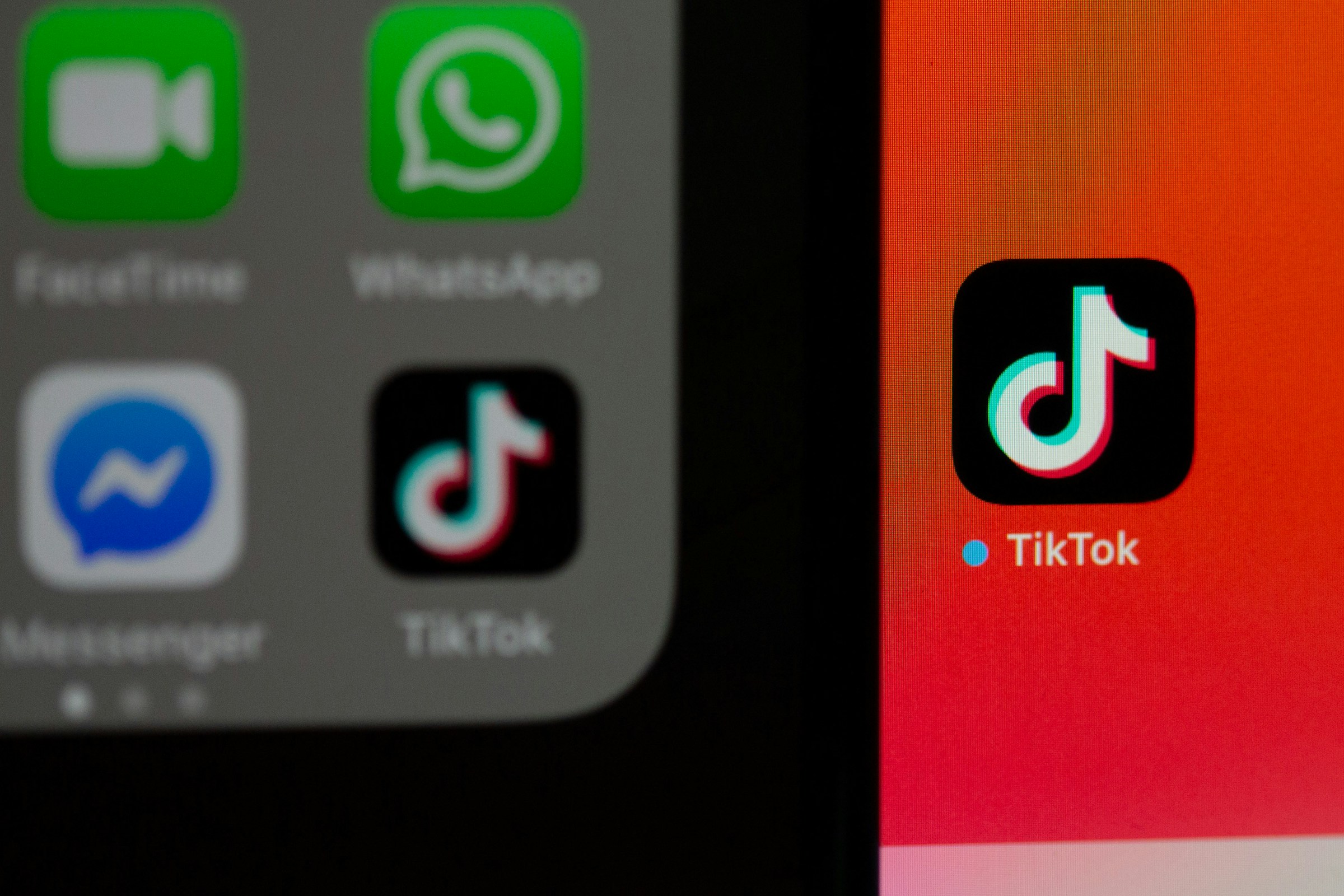The future of TikTok in the United States is now in the hands of the Supreme Court, as the popular social media platform faces heightened scrutiny over national security concerns. This case could determine the app’s operations and its accessibility to millions of U.S. users.
The U.S. government has expressed concerns that TikTok, owned by Chinese company ByteDance, may pose a national security risk due to its collection of user data. Critics allege that the Chinese government could potentially access this data, raising fears of surveillance or manipulation of American users. TikTok has consistently denied these claims, stating that it stores U.S. user data domestically and enforces strict access controls.
Over the past year, numerous states have implemented bans on TikTok usage on government devices, citing these alleged security risks. The Biden administration has also called for ByteDance to divest from TikTok or face a nationwide ban. In response, TikTok has launched legal challenges, arguing that such actions infringe on constitutional rights, including freedom of expression.
The Supreme Court is reviewing the case, which focuses on balancing national security concerns with First Amendment protections. Experts suggest this decision could establish a precedent for how foreign-owned technology companies are regulated in the United States and how security issues are weighed against civil liberties.
With over 150 million users in the U.S., TikTok is not just a popular social media platform but also a significant tool for creators, businesses, and marketers. A potential ban could severely impact those who rely on the app for income and engagement. Moreover, the decision has broader implications for digital privacy, global tech policies, and U.S.-China relations in the technology sector.
As deliberations continue, the outcome remains uncertain. A decision to ban TikTok would reshape the digital landscape, while a ruling in its favor could solidify its role as a dominant social media platform. Either way, the verdict will have significant consequences for the tech industry and its users.


